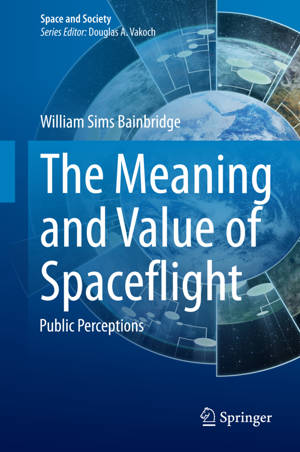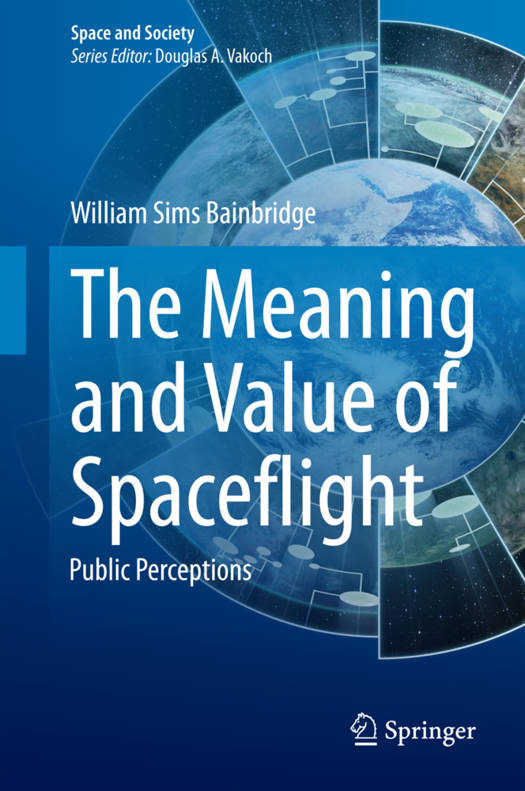
- Retrait gratuit dans votre magasin Club
- 7.000.000 titres dans notre catalogue
- Payer en toute sécurité
- Toujours un magasin près de chez vous
- Retrait gratuit dans votre magasin Club
- 7.000.0000 titres dans notre catalogue
- Payer en toute sécurité
- Toujours un magasin près de chez vous
Description
This book presents the most serious and comprehensive study, by far, of American public perceptions about the meaning of space exploration, analyzing vast troves of questionnaire data collected by many researchers and polling firms over a span of six decades and anchored in influential social science theories. It doesn't simply report the percentages who held various opinions, but employs sophisticated statistical techniques to answer profound questions and achieve fresh discoveries.
Both the Bush and the Obama administrations have cut back severely on fundamental research in space science and engineering. Understanding better what space exploration means for citizens can contribute to charting a feasible but progressive course. Since the end of the Space Race between the US and the USSR, social scientists have almost completely ignored space exploration as a topic for serious analysis and this book seeks to revive that kind of contribution.
The author communicates the insights in a lucid style, not only intelligible but interesting to readers from a variety of backgrounds.
Spécifications
Parties prenantes
- Auteur(s) :
- Editeur:
Contenu
- Nombre de pages :
- 225
- Langue:
- Anglais
- Collection :
Caractéristiques
- EAN:
- 9783319078779
- Date de parution :
- 22-08-14
- Format:
- Livre relié
- Format numérique:
- Genaaid
- Dimensions :
- 156 mm x 234 mm
- Poids :
- 512 g

Les avis
Nous publions uniquement les avis qui respectent les conditions requises. Consultez nos conditions pour les avis.






